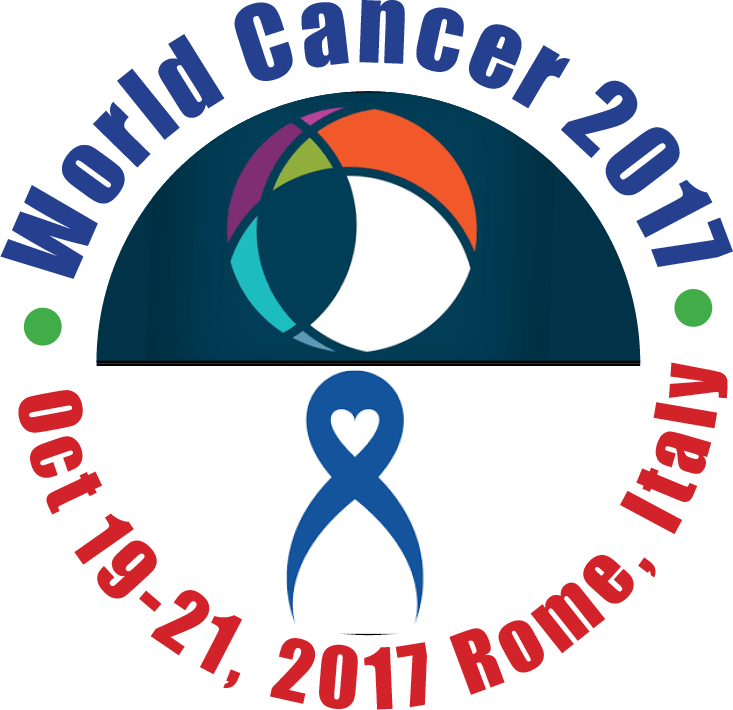
Manuela Boyle
University of New England, Australia
Title: An overview of the use of natural compounds to reduce drug resistance in cancer therapy: The role of polysaccharide krestin
Biography
Biography: Manuela Boyle
Abstract
Introduction & Aim: Cancer cells are better able to adapt to stress than normal cells. In cancer treatment, this adaptation results in tumor cells that develop cancer resistance to chemotherapy drugs. This event is usually the primary obstacle to successful treatment. Finding themselves in a state of high alert, cancer cells have the ability to express resistance not only to drugs they have been exposed to, but to any other noxious agent. Multi-drug resistance is a protection mechanism that can lead to failure of the conventional cancer treatment. Research shows that natural compounds can reverse drug resistance by inhibition of P-glycoprotein, inhibition of glutathione S-transferase drug detoxification system and inhibition of heat-shock proteins. There is ample evidence suggesting that selected natural compounds can produce cytotoxic effects in cancer cell through several mechanisms and that, when they are combined with chemotherapy drugs, these effects are often additive or synergistic.
Method: A review of randomized controlled trails of the mechanisms by which cancer cells, exposed to chemotherapy, have the ability to devise strategies for resistance and survival. This study involves the research of EBSCO, MEDLINE, and PubMed from 1992 to 2012 to retrieve suitable articles. Five double blind placebo controlled clinical human and animal studies were
reviewed.
Results: All the control studies conducted in large multi-centre trials, confirmed improvement in patient survival on a dose of 3 grams of PSK per day orally unless noted. 262 postoperative stomach cancer patients were randomized to receive chemotherapy or chemotherapy and PSK. The addition of PSK increased the five-year disease-free rate (from 59% to 71%) and the five year survival rate (from 60% to 73%). 462 patients with curatively resected colon cancer were randomized to receive chemotherapy or chemotherapy plus PSK. The latter combination increased the eight-year disease free rate (from about 7.8% to 28 %) and ten year survival rate (from 19% to 36%). 278 patients with stage II aT2N1 estrogen-dependent breast cancer were randomized to receive chemotherapy or chemotherapy. The administration of PSK increased the five year survival rate (from 81% to 96%). Disease-free survival also increased. 38 patients with nasopharyngeal cancer who were treated with radiotherapy, with or without chemotherapy, were randomized to receive PSK or no PSK. The addition of PSK increased survival rate (from 15 to 35 months). The PSK dose was 1 gram per day orally.
Conclusions: Dose-dependent of Polysaccharide-K (PSK) has shown anti cancer potential in combination with conventional therapies due to a combination of immune stimulation and inhibition of immuno suppressive cytokines.

